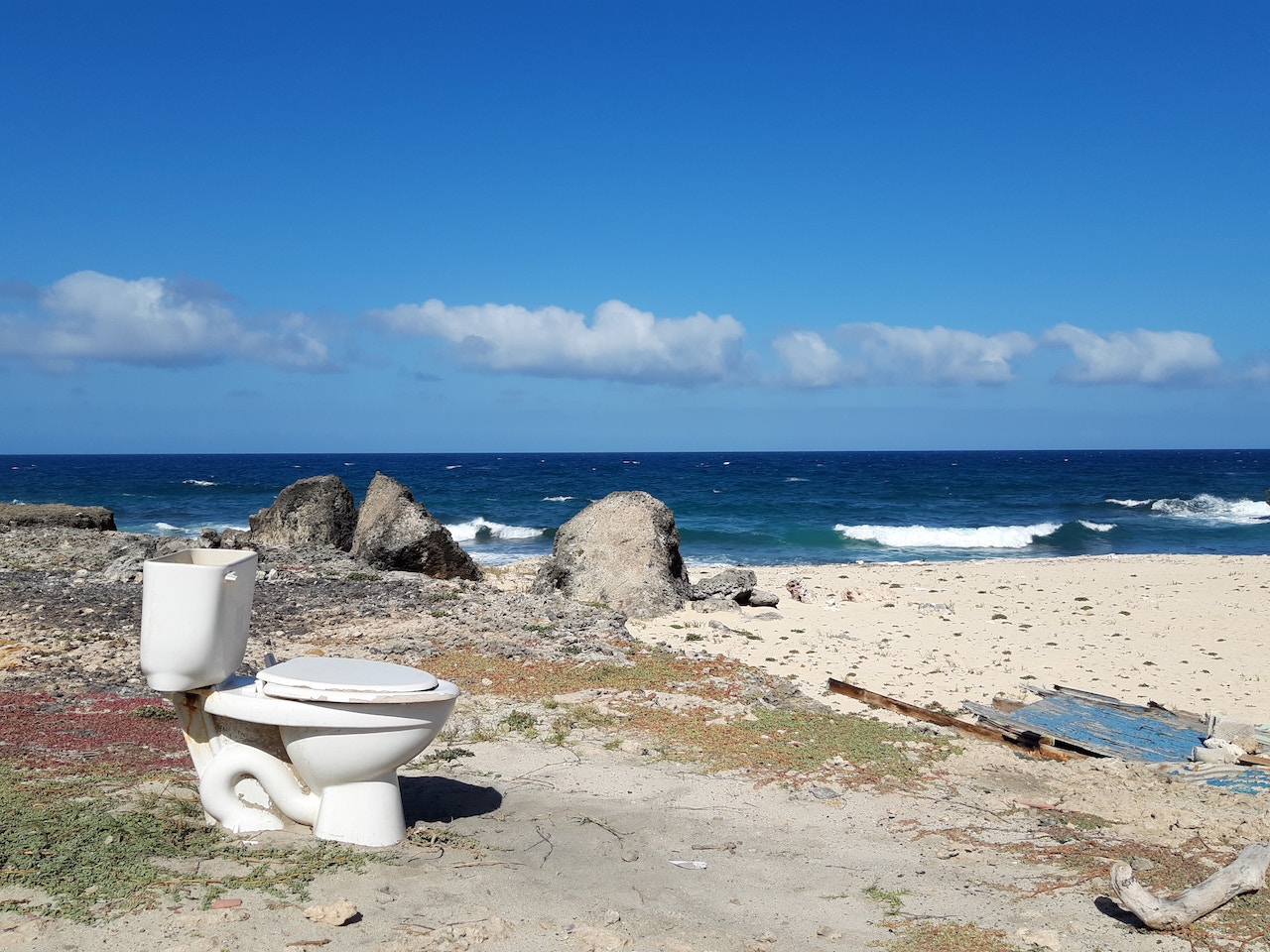Post
Coordinating a planned response to avoid ‘loo deserts’
11 Dec 2023
Following on from the London Society talk about public toilets, hosted by Clare Delmar held on 16 Nov 2023 at the London Communications Agency, John Miles from Kilburn Older Voices Campaign (KOVE), made some valuable follow-up comments.
Miles feels that now is the time to set up a steering group linking the whole range of campaigning and interest groups involved with this question. He thought the London Society has placed itself in pole position to chair such a body - the precursor to a London Toilet Commission.
As regards the Mayor's plan and its cross-referencing Policy S6 under 'Outdoor spaces and buildings' it is of course a step forward and a vindication of the work done with Caroline Russell of the London Assembly and John McGeachy, campaigns manager for Age UK, over the last three years. Older people's campaigning has brought useful public/community heft.
So broadly speaking the intention to 'support the provision of accessible public toilets' is to be welcomed. But then it gets more difficult.
Planning requirements
The planning requirements for development are not really new even if they have been reinforced. In some situations they could be very important - although the number of areas where the opportunity has been missed is long and embarrassing.
But development is not geographically contiguous with need and behaviour. Kilburn High Road is a prime example: a mile of retail alongside some dense housing but no public toilets and with few opportunities coming up for planners to impose a requirement.
So the tactics need to be different. Here is where the Mayor could surely invest in a development post working with campaigners and local authorities to identify 'loo deserts' and help proactively to coordinate a planned response.
Although they won't get far without direct public involvement and the commitment of local politicians. So there is also a role in helping build the involvement of London Councils.
Check out our rundown of upcoming events
The difficulties start further down the scale. It's proving possible through the public health angle to trigger the involvement of public health departments and to cross-fertilise with relevant bits of the NHS.
But these bodies are then very unlikely (away from actual medical centres, large general practices etc) to have operational responsibilities and may not have very good or close relationships with their colleagues in relevant departments, like Parks or Environmental Health.
And it can then be difficult and perhaps even unrealistic to find a middle-ranking officer with an appropriate remit to take the lead. Moreover councils are often saddled with bad investments and poor installations from a decade ago.
Even when councils resolve to tackle the question they are faced with reallocating staff time and reconfiguring budgets when local government is in a central government-imposed financial crisis. Similar problems will affect Transport for London as well in the short term. The position ought to get better at TfL in a year or two once new policy requirements are taken on board.
Accessibility-versus-the-rest
Accessibility has to sit alongside availability, distribution and quality. KOVE and the Toilet Manifesto for London Group strongly support the better management of fully accessible facilities but we also bring out that there aren't enough toilets, that there are too many places where there aren't any and too many toilets that don't work properly and/or very casually maintained.
Public engagement
Although people haven't really turned to action about toilets yet, we have recently found more concern and enthusiasm to see improvements than you might expect. We've also found, going out to talk to small businesses in Kilburn, that front-line staff are often more sympathetic and willing to oblige people in need.
So we've risked a good deal to set up and advertise informal, non-funded arrangements with sympathetic venues. But we think these deserve a good standard of back-up and caring, thoughtful, consistent support from the local authority. This kind of work it has to be said is time-consuming and for small organisations, costly.
Not everyone wants to participate in helping to run things generally conceived of as a public service - Haringey Council is openly asking residents to take on responsibilities for gaps in provision that it can no longer afford to maintain. The boundary between citizenship and service-delivery has been breaking down for a long time but under perpetual austerity it is being redefined again (most notably of course with the ongoing evolution of the food bank).
Subscribe to the London Society newsletter
So at KOVE we are wrestling with the need to reconcile our demand for a staffed public toilet and the impulse to innovate creatively now.
The Mayor's age-friendly plan needs to connect better with this kind of street-level initiative if it is to flourish in the years ahead.


